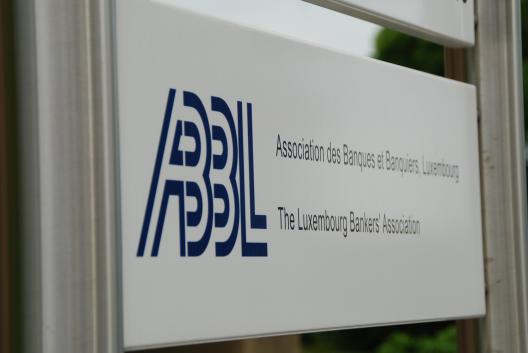Game Of Mates: Nepotism Is Costing The Economy Billions
It is no secret that increasingly, workers are no longer enjoying the fruits of their labour as a smaller and smaller group of people and companies come to share the returns of (slowing) economic growth across developed nations such as the US, the UK and Australia.
The ‘jobs for the boys’ model is having a tangible and outsized impact on inequality and it is killing the economy.
It is so tangible you can measure it. And measure we did.
In our book, Game of Mates, I and my colleague, Professor Paul Frijters explore insights from the science of human cooperation and raw metrics of economic costs and benefits, melding this information together to paint a picture of how a nation’s wealth can become siphoned off by a well-connected network of powerful individuals.
Drawing on our own research and that of others, we find that those outside the game are being bled dry, with hundreds of billions of dollars a year of hidden theft taking place.
The book helps to frame a discussion on ‘grey corruption’ – the type of unethical political favouritism that is economically costly to the unfavoured, but that is not necessarily illegal – that is brutally honest about human nature. We look at how the Game of grey corruption in played, how much it costs, and what to do about it.
What is a grey gift and when do I know I am getting one?
A grey gift is a way to pick a winner and loser without great, (or any) personal cost. Often the cost is instead passed on to another person or group. This phenomenon exists at many levels in almost all organisations, including government bureaucracies.
When a city council decides a plot of land can be now used for urban development instead of farming, it adds millions in value to the land which goes into the pockets of landowners.
In our study of just six rezoned areas in Queensland, Australia, we found that $410 million worth of property rights were given to a small group of well-connected landowners.
Or when the government insures bank deposits to secure the financial system, the free insurance is a gift to bank owners that should have instead been sold, costing the public billions in forgone revenue. In Australia, this gift of insurance is worth about $4 billion per year, which goes straight into the pockets of bank shareholders.
And when the transport department closes road lanes to funnel cars onto a private toll road it provides a gift to the toll road owner that costs motorists, but not themselves. If just 1,000 vehicles per day are forced onto a $4 toll road, that is an $18 million grey gift from a small routine bureaucratic decision.
It is important to make clear that a network of people trading favours is not inherently a bad thing and is an innately natural way to cooperate. The problem is when gifting occurs at an enormous cost of the financial, social, legal, or physical, security of other people.
Read the rest of this post at Renegade Inc



